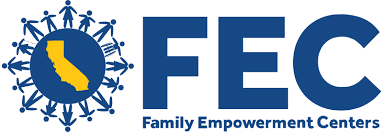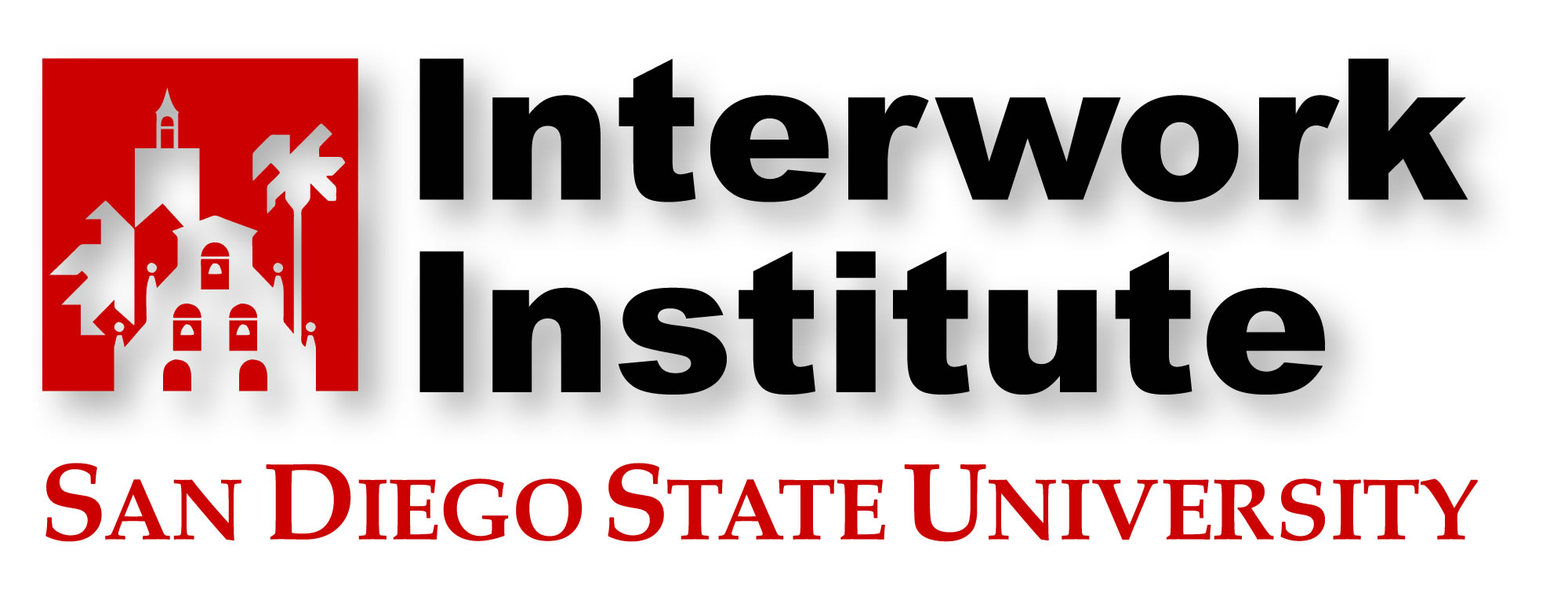History
Background
The Exceptional Family Resource Center (EFRC) began in the 1980s with a small group of determined parents in San Diego, united by a shared goal and driven by a common purpose to expand opportunities and improve access to support and services for their children with disabilities. Guided by their lived experiences and a deep commitment to connecting with other families, reducing isolation, and helping one another access vital services, these parents joined with early childhood specialists to lay the foundation for a center built on family-driven, culturally responsive, empowering support and parent-professional collaboration. What started as a grassroots effort eventually grew ito a powerful network of parents supporting parents.
In the early 1990s, EFRC expanded its services to Imperial County, extending its reach to even more communities in need of guidance and connection. Over time, the organization’s mission evolved to reflect the lifelong needs of individuals with disabilities and their families.
Today, EFRC provides support not only to families of children but also to families of adults with disabilities—continuing to foster understanding, inclusion, and hope through customized service navigation and resources. EFRC is committed to serving families at all stages of life.
Major Affiliations
Family Resource Centers Network of California
EFRC is a key member of FRCNCA, which is a coalition of family resource centers in California.

Family Empowerment Disability Council
EFRC is member of the Family Empowerment Disability Council (FEDC), which coordinates training, influences policy, and supports Family Empowerment Centers (FECs) statewide.

Interwork Institute & ARPE
EFRC is affiliated with SDSU's Interwork Institute, which promotes the integration of all individuals, including those with disabilities, into all aspects of community life.
Key Moments in EFRC History
1980s
- Founded by a small group of determined parents in San Diego.
- Established with a shared goal to expand opportunities and improve access to support and services for children with disabilities.
- Became a member of the new Local Agency Coordination Area (LICA) in San Diego County, to better coordinate services for families.
1990s
- Designated a "Family Resource Center" under the California Early Intervention Services Act (CEISA) of 1993, to support families of children ages 0-3.
- Expanded outreach efforts across San Diego and Imperial Counties.
- Developed partnerships with local schools, healthcare providers, and community organizations.
2000s
- Designated a Community Parent Resource Center In collaboration with the Down Syndrome Association of San Diego, providing family support and resources.
- Partnered with First 5 San Diego Healthy Development Services (HDS) helping families effectively navigate complex resources and service systems.
- Designated a "Family Empowerment Center" by CA Assembly Bill (SB) 511, focusing on special education navigation for families of children and young adults (ages 3-22)
- Expanded services to include mediation and conflict resolution between parents and school districts over special education (North Coastal Consortium for Special Education).
2010s
- Becomes a California Early Start "Point of Entry" for San Diego and Imperial Counties, for Spanish speaking families of infants and toddlers.
- Partnered with First 5 Imperial to promote the healthy development of young children by mentoring families in early care and education.
- Expanded services to include mediation and conflict resolution between parents and school districts over special education (Poway Unified School District SELPA).
- Collaborated on CaPROMISE, a statewide partnership led by the DOR, SDSU Interwork Institute -- including Family Resource Centers -- to increase self-sufficiency for youth receiving SSI and their families.
2020s
- Takes on additional advisory and technical assistance roles regarding special education services in California.
- Becomes a California Early Start "Point of Entry" for San Diego and Imperial Counties, for all families of infants and toddlers.
- Collaborated with SDSU Interwork Institute, DOR, and community college partners on an initiative to promote competitive employment and family support for transition-age youth with ID/DD -- called Sub-minimum Wages to Competitive Employment (SWTCIE).
- Designated a Community Navigator Program in 2022, improving access to Regional Center services and resources for families of children and adults, representing diverse racial, ethnic, and language groups.
